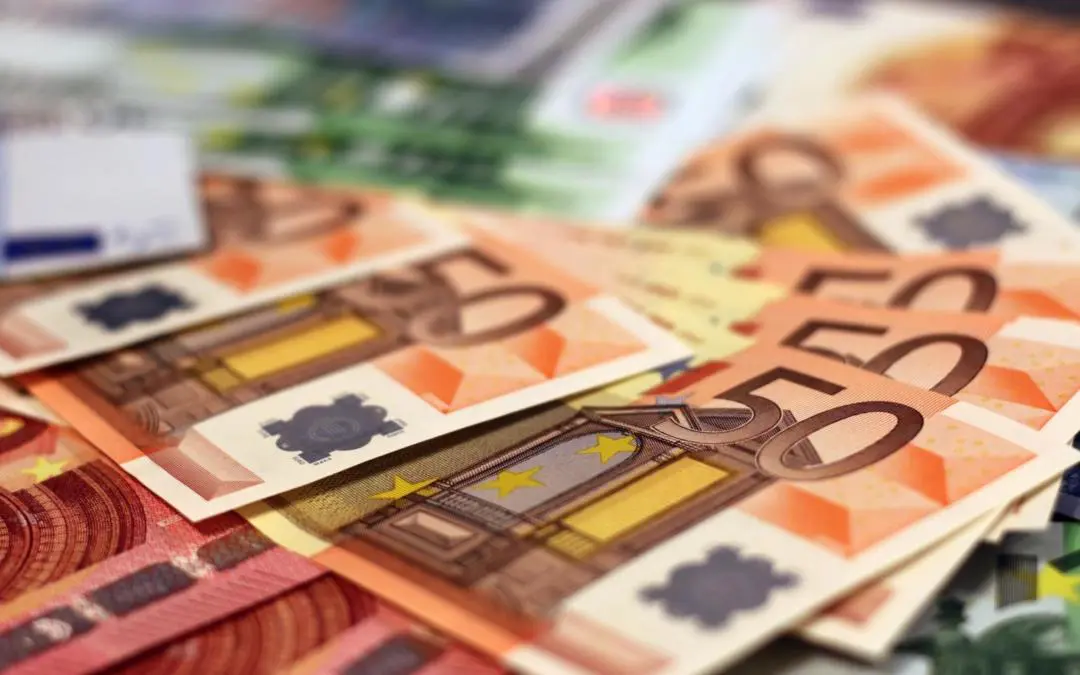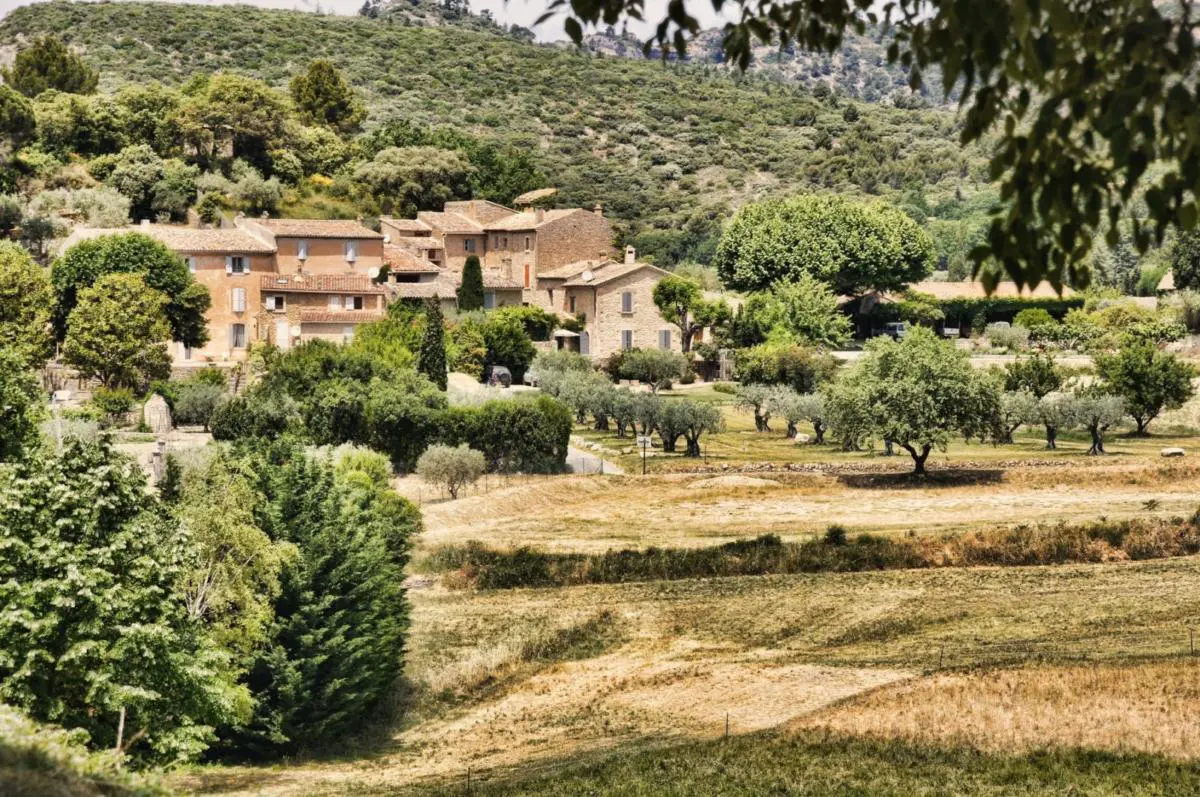One of our raisons d’être at Renestance is to help you find your dream home in France. Are you seeking a place to call your own; by the beach, up a mountain, city central or nestled amongst the vineyards? If so we can be your bilingual ears, eyes and feet on the ground!
First of all, do you know whether purchasing property in France is a realistic goal for you? It is currently a buyer’s market, so if you can afford to invest now, the time is right! And with interest rates on French mortgages around 1.25%, you may be able to afford more than you thought.
Why 2019 is the best time to buy property in France
French Mortgage rates will remain at historically low levels in 2019. A 20-year fixed rate loan averaged 1.25% in January 2019 (0.48% for 7 years!). With French banks continuing to push lending to both French and foreign clients, the French property market is going strong. During 2018, house prices in France continued to increase by +3.2%, and housing sale transactions were at the highest level since 2006 (950,000).
In addition, the Notaires de France are predicting that this level of sales volumes will continue into 2019. In particular, they note that the new mortgage lending from the French banks remains high and 85% of banks report steady demand for home mortgages.
But what if you don’t want a mortgage?
Are you like many of our clients who like the idea of living in France rent-free, without a house payment? You plan to sell a valuable property that you’ve paid off back home and want to use the cash to buy your French home free and clear. While this is an understandable desire, there are a few reasons you’d be better off by borrowing part of the money to purchase.
Firstly, if you only have €120,000 to €150,000 to buy a house in France, you are either going to be living in the middle of nowhere, or you’ll be buying a small 2 bedroom village house. In both cases, the property probably won’t increase much in value, and you’ll be lucky to sell it for the price you paid. Worse than that, you would be living in that small property instead of a more comfortable villa that has marketable value.
Also, you’ve surely heard the notion that it’s better to make someone else’s money work for you. Your buying budget is larger, and if you follow the buy to let model, there can also be tax advantages.
Finally, another advantage of French mortgages is that they always come with life insurance, which pays off the remaining balance should the borrower pass away. This does add a few points to the interest rate, and can complicate the loan process, but the advantage is significant. Imagine if a couple use their €120,000 cash to purchase a house for €320,000, with a mortgage of €200,000. If one of them dies, the living partner has a house worth €320,000 and no mortgage payments. Without the mortgage, remaining spouse only has the small house that was bought for €120,000 outright.
Because of the life insurance, the concept of leverage, and the larger purchasing budget, you should consider borrowing money to buy your French property, even if you don’t have to.
How to benefit from the hot French property market
Depending on your situation, there are a few strategies to get in on the action, such as:
- If you plan to live in your French property, and can find some place to go for the summer, your holiday rental income could essentially pay your mortgage. Instead of using your cash to buy a 2 bed property for €120,000, you use this capital as a down payment on a 3-4 bed property with pool at €280,000 to €330,000. You could rent it out for 6-10 weeks between June and September, and this annual rental income (€20,000-€25,000) pays off the mortgage.
- If you are looking for an investment or a holiday/vacation home, you can take out a shorter mortgage and follow the Buy-to-Let model (referenced above). If you are mid-50s and have a property in the UK with a small mortgage remaining, you can borrow against that equity and purchase a larger property in France. The rental income could potentially pay off this second loan in 7 years, then you’ll have both UK property to sell and a nice 3-4 bed villa in France, mortgage free.
How much can you borrow?
Although lenders in many countries determine your borrowing capacity using a multiple of your earnings, France starts with your level of debt. In general, your total debt payments cannot exceed 33% of your total income. Bear in mind that your income, especially rental income, may be discounted to account for risk. So they will calculate your current debt ratio and the difference between that ratio and 33% of your income will correspond to how much you can borrow.
The other main criterion the lender will consider, the stability of your income. If you can’t show stable employment or a business with a strong track record, the amount you can borrow may be reduced and/or the interest rate increased.
Something that can surprise borrowers in France is that the transaction costs, notably the 7-10% frais de notaire, need to be funded from your own resources. This cash that you may have been considering a down payment, will not go toward the purchase price nor loan principal at all.
You can usually include renovation costs in the mortgage, to benefit from the same low interest rate, but you will need to provide official estimates, and professional tradesmen will have to undertake the work, as they’ll be paid directly by the bank.
Steps leading to your French dream house
While you’ve surely already spent hours musing at the internet listing and drooling in front of real estate agencies’ front windows, it makes sense to organize your finances first, so you have an idea of potential budget. Once you know how much capital you have available, whether you’re tapping into the equity of another property, and if you intend to earn rental income from the French property, you can approach the mortgage lenders.
Renestance will help you through the application process, but you will need to supply several documents to the mortgage broker, including :
- Valid passport or identity card
- Recent utility bill for proof of address
- Birth certificate
- Marriage certificate
- Bank account statements for the last three months
- Salary/wage slips
- Audited annual accounts (if self-employed)
- Latest tax return or official statement of income at the end of the last year
- Proof of the amount of personal capital contribution to the purchase (ie. savings account statement)
You will not be able to obtain a firm offer of a French mortgage until you sign the pre-contract or compromis de vente, but you should be able to get an estimate of your borrowing capacity. This estimate strengthens your position with the agent or seller when you decide to make an offer, because many house sales fall through due to the buyer’s inability to secure a loan. If you can show that you’ve been ‘pre-approved,’ your offer will be more attractive.
The fine print
The bank charges for arranging a mortgage are usually:
- Administration – a flat fee of approximately 1% of the loan amount.
- Loan guarantee – the garantie hypothecaire or mortgage registration, amounting to approximately between 1.5% and 2% of the loan amount.
A mortgage broker will typically charge you either a flat fee (usually several hundred euros) or a percentage (around 0.75%) of your total purchase price. They may also be remunerated by the banks, however.
The obligatory life insurance/mortgage protection, which covers the mortgage in case of death, permanent disability and temporary incapacity to work, usually adds another .5% to the interest rate. The cost is determined by age and health, and all applicants must fill out a medical questionnaire and sometimes may need to undergo a medical exam. If you have a serious illness or are older than the maximum age, the insurer may refuse coverage, in which case it will be impossible to obtain a French mortgage.
Start your search today
You have seen that now is the time to buy your French dream home, and you may be able to afford a bigger place than you were thinking. Because of the high rental income potential, buying in the South of France makes good financial sense. Le Figaro even named Montpellier as the top real estate investment market in the country in 2018!
If you are ready to get started, send an email to dennelle@renestance.com with some details of the property and/or location you are looking for. We’ll arrange a call by phone or Skype to get a better handle on your requirements and explore mortgage possibilities and brokers best suited to your project.
I look forward to helping you buy your own corner of France!
Useful links
- https://www.renestance.com/blog/why-buy-home-south-of-france/
- https://www.longtermrentalsinfrance.com/south-france-property/french-property-market-2019.html
- https://www.longtermrentalsinfrance.com/south-france-property/mortgage-interest-rates-in-france-2019.html
Dennelle is the President of Renestance and a bilingual American who’s lived in France since 2000. She loves so many things about France, its language, culture, geography, quality of life... that she started a business to help others realize their dreams of living in this incredible place.
All articles by: Dennelle Taylor Nizoux





Sally Sprinkle
on 2019-10-16 at 08:58Hi,
What about those of us who are retired and don’t have an income and our money is all tied up in 401(k)s how does the bank look at that as your assets?
Also what are the tax ramifications for renting out your place for two or three months? Thank you
Hi Sally, experience with French lenders has shown that they do want to see some income, even if it’s from a retirement/pension, rather than investments. If you have rental income (from anywhere), that is also counted.
I would need more detail to answer your question about tax ramification of rental revenue…are you asking about income tax? in France or your home country? on a property in France or your home country? Kind regards, Dennelle